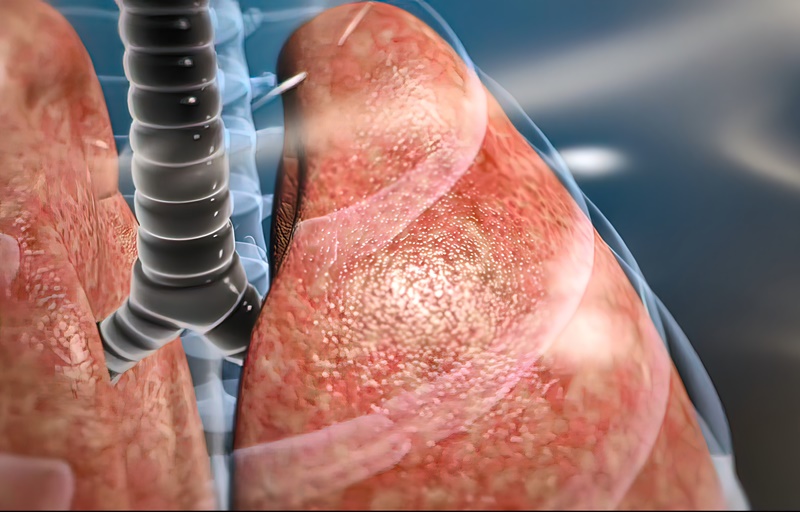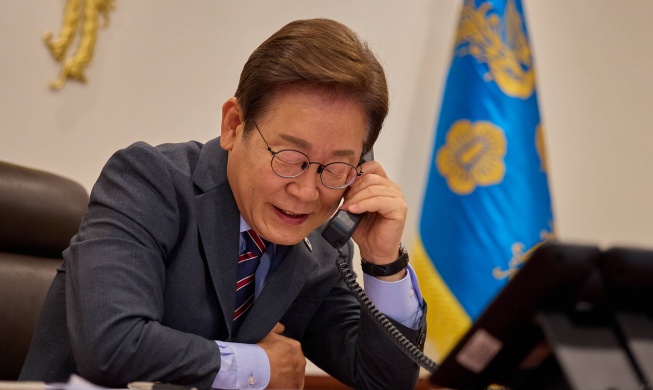
A joint research team led by Sungkyunkwan University professor Park Woo-ram and University of Hawaii professor Saguna Verma has developed a next-generation lipid nanoparticle method to effectively suppress inflammation and tissue damage in lungs caused by COVID-19. (iClickArt) *Unauthorized reproduction and redistribution of this photo is prohibited under copyright law.
By Koh Hyunjeong
Joint research with the U.S. has developed drug delivery technology that effectively stifles lung inflammation and tissue damage caused by COVID-19.
Sungkyunkwan University in Seoul on June 10 said a research jointly led by Park Woo-ram, a professor at the school's College of Integrative Biotechnology, and University of Hawaii professors Saguna Verma and Juwon Park produced next-generation lipid nanoparticle technology that effectively suppresses lung inflammation and tissue damage.
Lipid nanoparticles are nanometer-size particles made of lipids for the stable delivery of drugs or genetic materials.
Excessive activation of neutrophils is known to cause severe lung damage and inflammation among COVID-19 patients. Existing medicines have had limited effects due to quick decomposition and low efficiency of delivery to the target.
The study is the first to demonstrate that through precise targeting of lung neutrophils, complications related to neutrophil extracellular traps due to COVID-19 and other respiratory illnesses can be controlled with minimal side effects.
"There is a higher possibility of the simultaneous transfer of multiple immunomodulators to specific cells in lungs," Park said. "We will further raise the potential for clinical application through joint global research."
hjkoh@korea.kr
Most popular
- Military discharge sets stage for reunion of all 7 BTS members
- BTS to mark 12th anniversary of debut with 2-week festival
- Lee Jae-myung officially sworn in as nation's 21st president
- Presidents Lee, Trump discuss tariff deal in first phone talks
- President's 1st executive order is launch of economic task force
